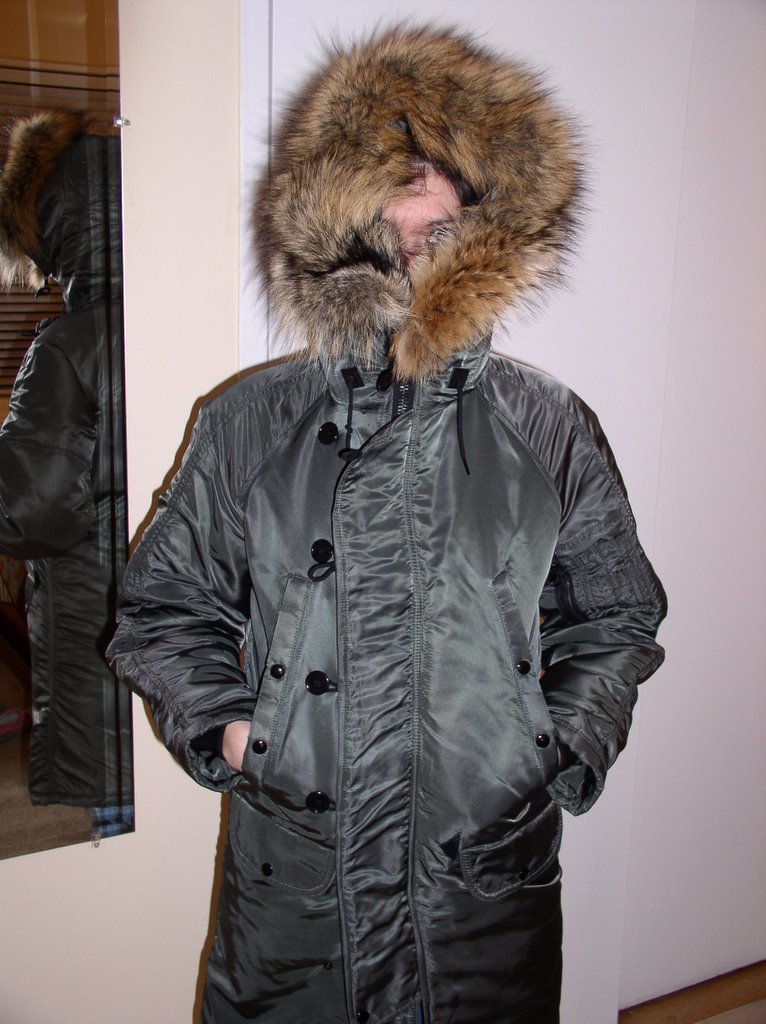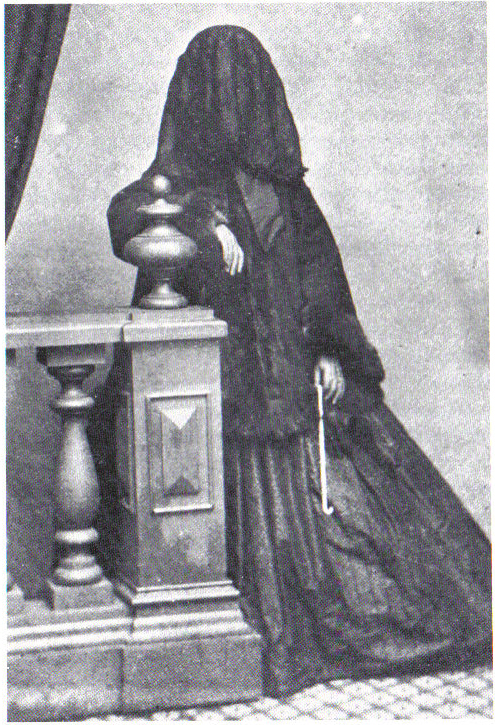I know, I was responding to Davedoddo007. I don't disagree with you here, but your concern, it seems to me, is something aside from religion, not because of it. If anyone were to go about their daily, public activities in a Scooby-doo-type ghost outfit it would raise issues around communication etc. Of course, if the wearing of the burkah is seen as a male-enforced and -enforcible duty for Mulsim women then that is unduly oppressive imo, but again, that's aside from the religious dimension because men who enforce fashion standards on the women they control are cunts in any culture regardless of the possible religious justifications. However, if the women are freely choosing to wear the burkah as a sign of the depth or sincerity of their religiosity then they are not really being oppressed - just brainwashed by a religious meme in the same way that people are brainwashed into certain dietary practices or to adhere to the codes and mores that define their 'Faith'.JimC wrote:I did try to answer that question, Brian, by asserting that the male-enforced complete covering of body and face of women is both oppressive and, particularly by removing the vital language of facial expression, a very real deterrence to communication in an open society.
Not too long ago standards of propriety, if not required, then at least suggested that respectable men and women should not leave their heads uncovered in public. It didn't symbolise anything but the mores of the time.JimC wrote:Yes. The muslim headscarf could be seen as a talisman, an identifier of belonging to a particular religion. It could be subjected to minor criticism, but a ban would be clearly an over reaction.eRvin wrote:It's not that it's a talisman. It's an actual oppressive article.Brian Peacock wrote:I don't know how you got all that from what I said but you could try articulating your concerns about the fashion choices of Muslim women with a bit more than trite he-said-she-said contrarianisms. Whether you will try or not is another matter.
Rastafarianism is an inherently sexist faith. Christianity is morbidly bigoted on so many issues, from a woman's right to have dominion over her own body to acknowledgement of LGBT rights, and more. So why must we take the burkah to be a more serious or profound talisman of religious adherence than any other religious talisman, whether that be a crucifix, a bumper stick, a haircut, a hat, or ritual tattooing - and why is that particularly problematic?

The burkah may remove or obfuscate a woman's personal identity, but it does affirm their religious identity. For many women, and perhaps for most women who wear the burkah, its a religious obligation and an outward symbol of being a 'good and righteous' individual. Now while this may be a lie is it any bigger or worse than any of the lies religions tell their adherent or the obligations they place upon their flocks by authority of a mythological fiction?JimC wrote:The burqa, on the other hand, with its removal of human identity, is another beast altogether, and for reasons I've already outlined earlier, its detrimental effects outweigh the civil liberties issues to the point where, on balance, I can see that a ban (if supported by a clear majority) would be a valid response.
The burkah is a uniform of sorts, a more striking one than the thawb or abaya, but still a cultural and religious symbol, a talisman, a signifier of identity and of belonging to a group. Now before Dodo assumes that I'm all in favour of Sharia law because I'm mentally ill for not agreeing with whatever floats across his forebrain in the dark and lonely hours of the night, I would say that Islam is a pernicious and morally bankrupt religion, but then again no more or less than any other self-authorising dogma. Many horrors have been perpetrated in the name of some declared ultimate authority down the ages and none of that would have been stopped if people were just made to wear different clothes. What I'm saying is that imposing fashion codes on people does little to change their minds about themselves or others, does little to challenge the turpitude of dogmatic religionism, is itself a form of self-authorised oppression "Your menfolk are oppressing you by telling you what to wear, so we're going to tell you what to wear!", and in the end it can, and probably will be counter-productive.




